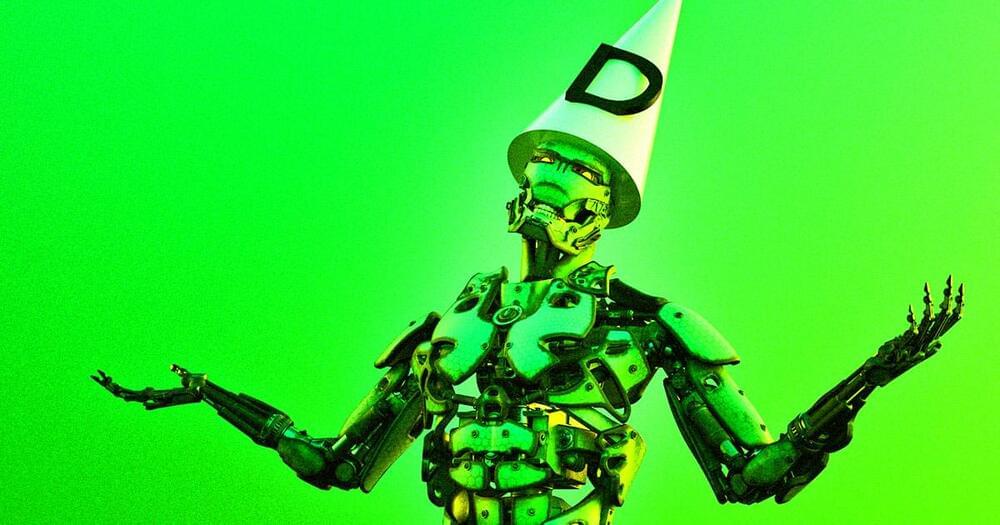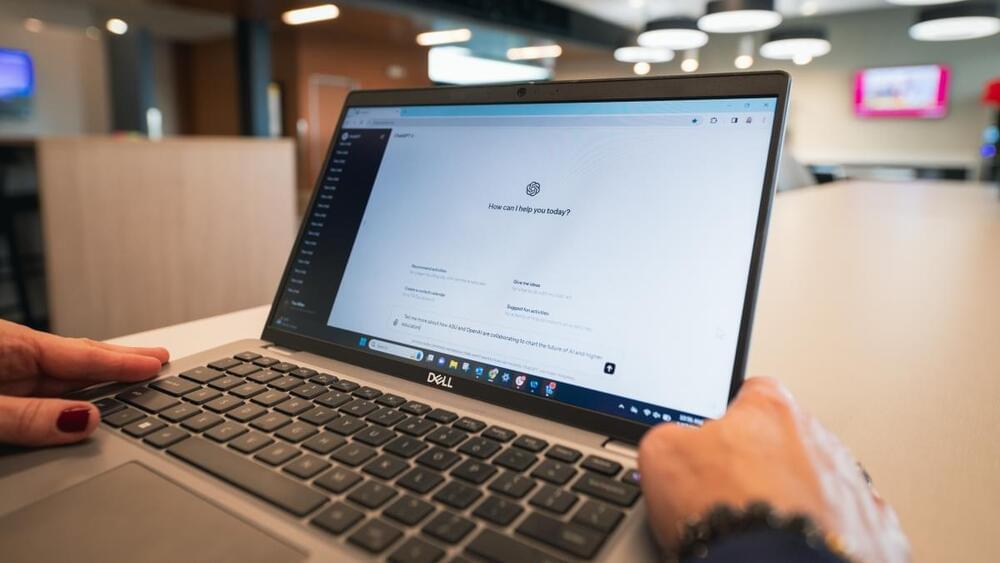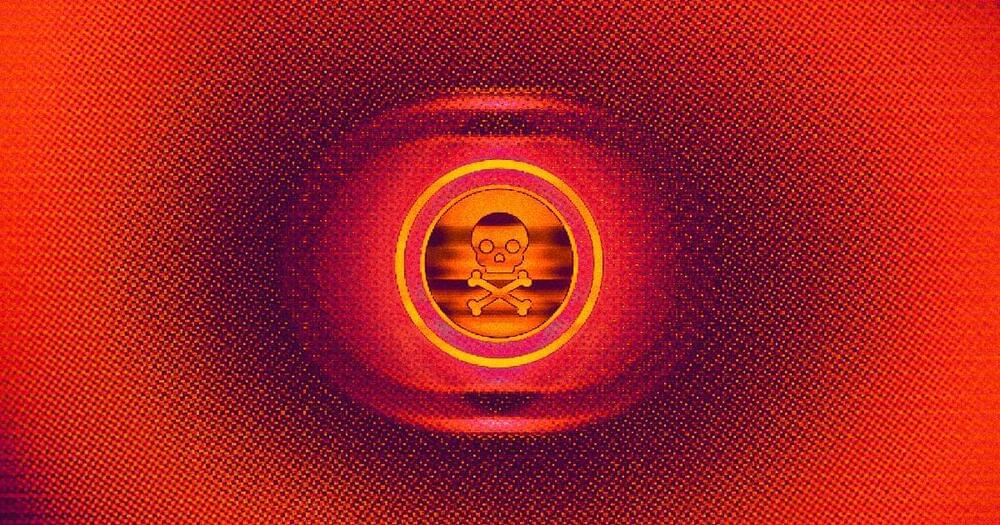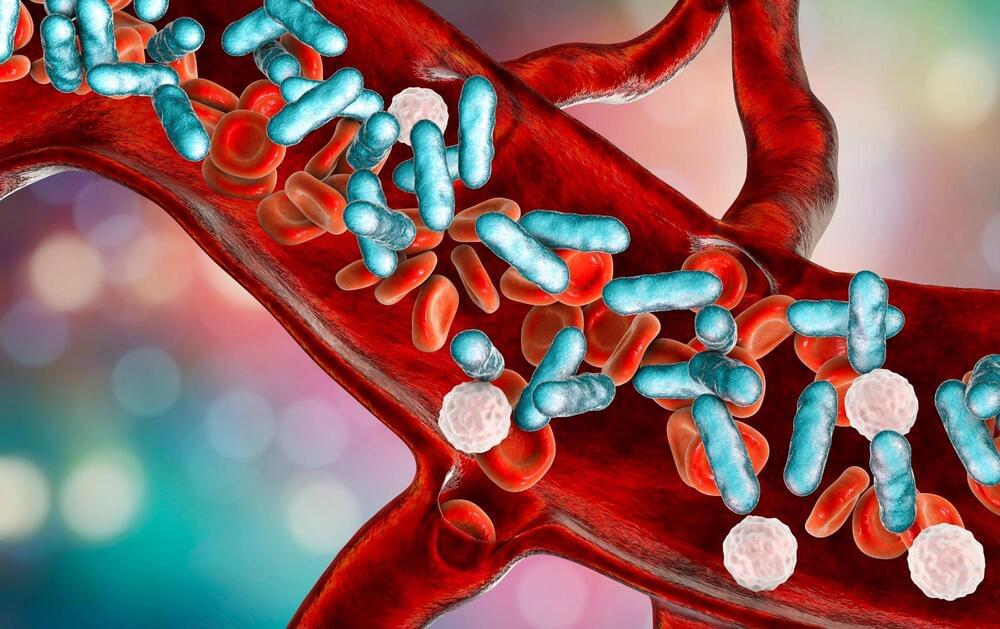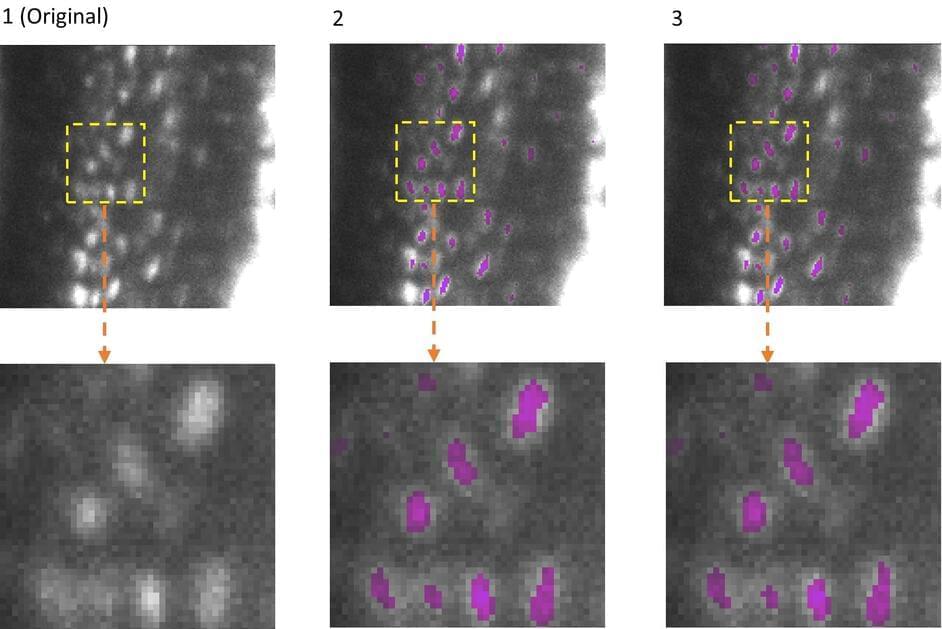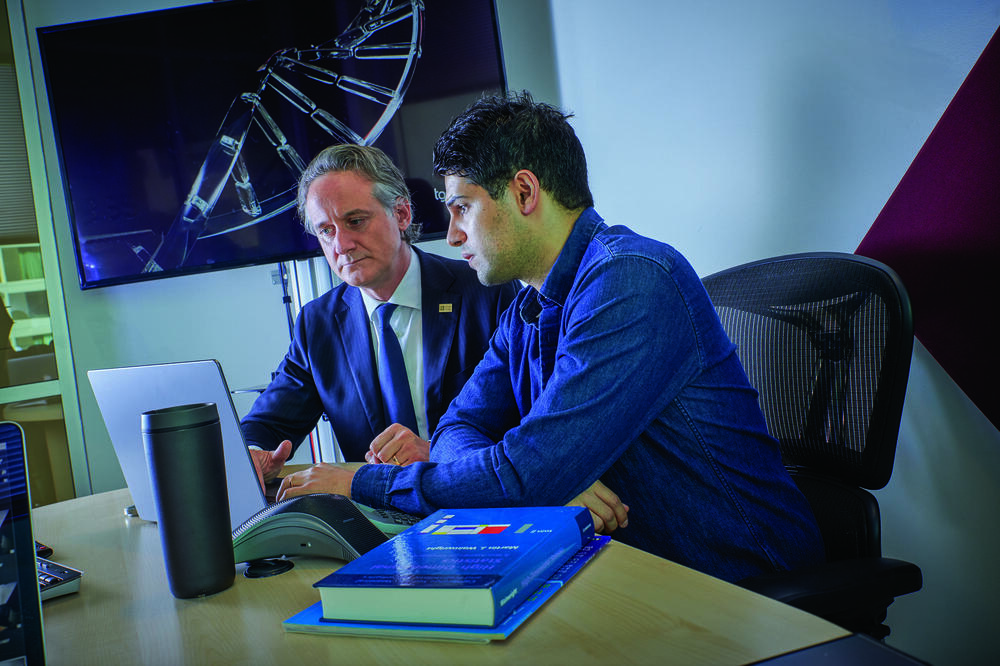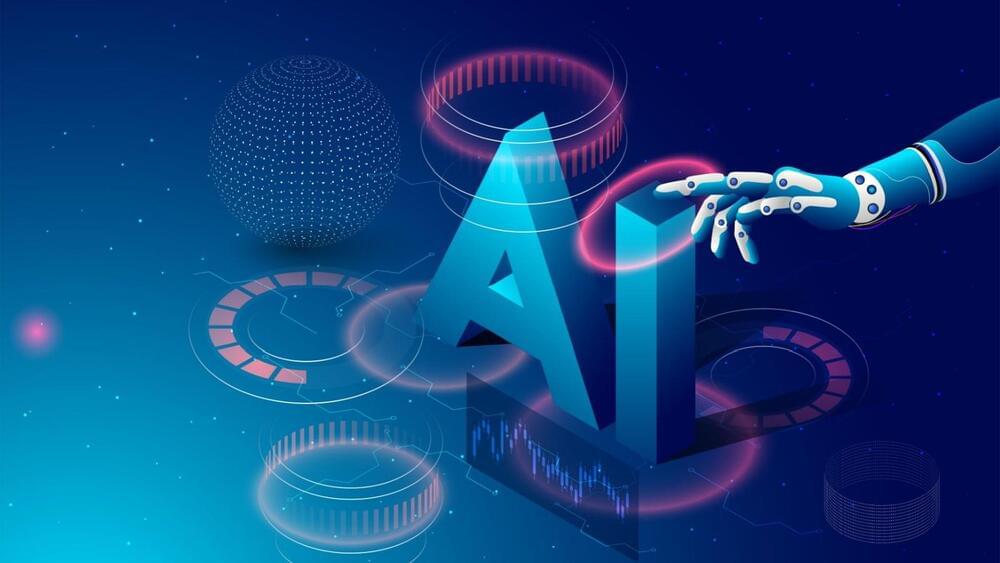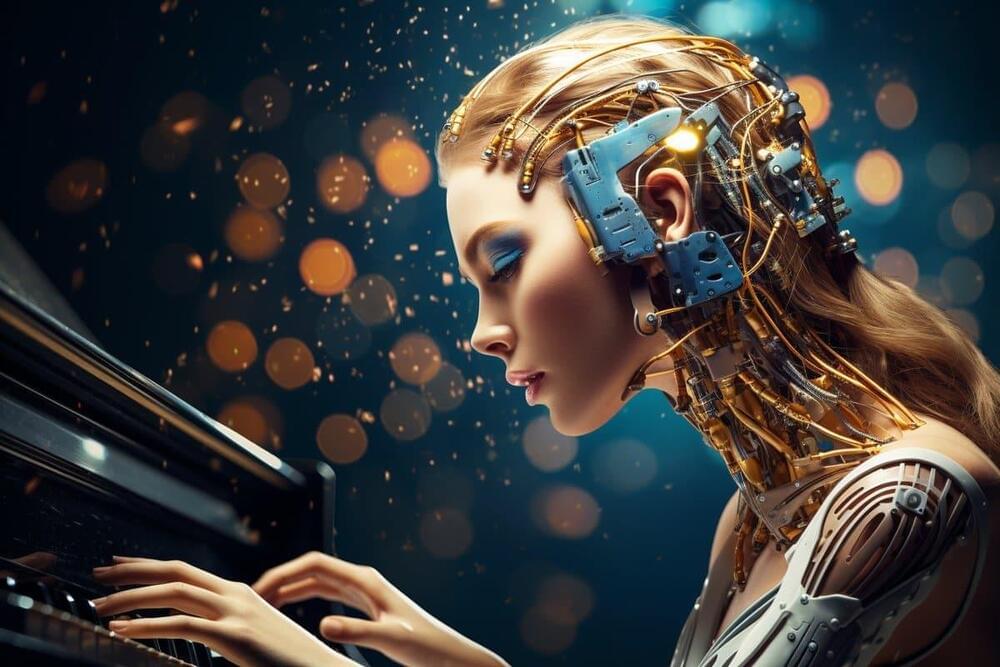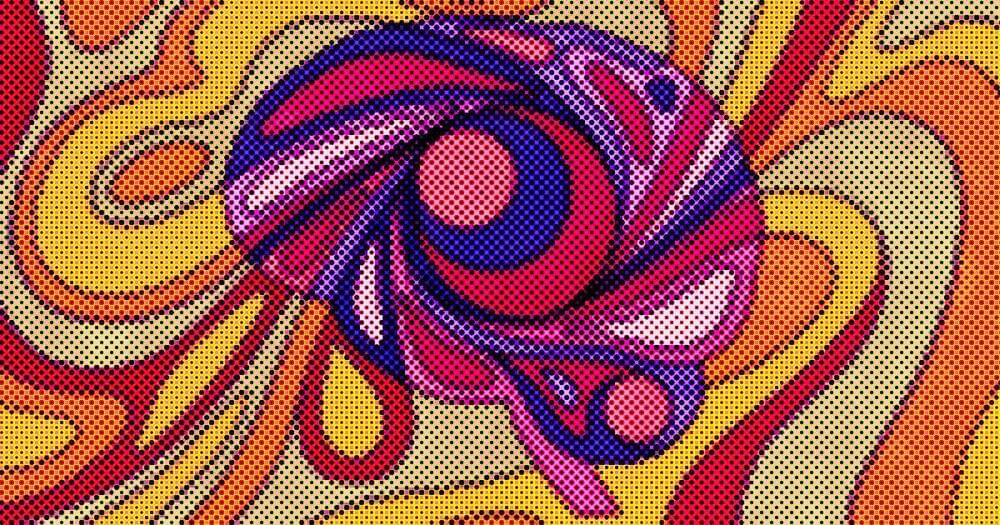Advanced proposition
The iCub3 robot avatar system has been designed to facilitate the embodiment of humanoid robots by human operators, encompassing aspects such as locomotion, manipulation, voice, and facial expressions with comprehensive sensory feedback, including visual, auditory, haptic, weight, and touch modalities.
The iCub3 avatar system consists primarily of the iCub3 humanoid robot, an evolved version of the IIT’s humanoid robot born two decades ago, and innovative wearable technologies named iFeel.
